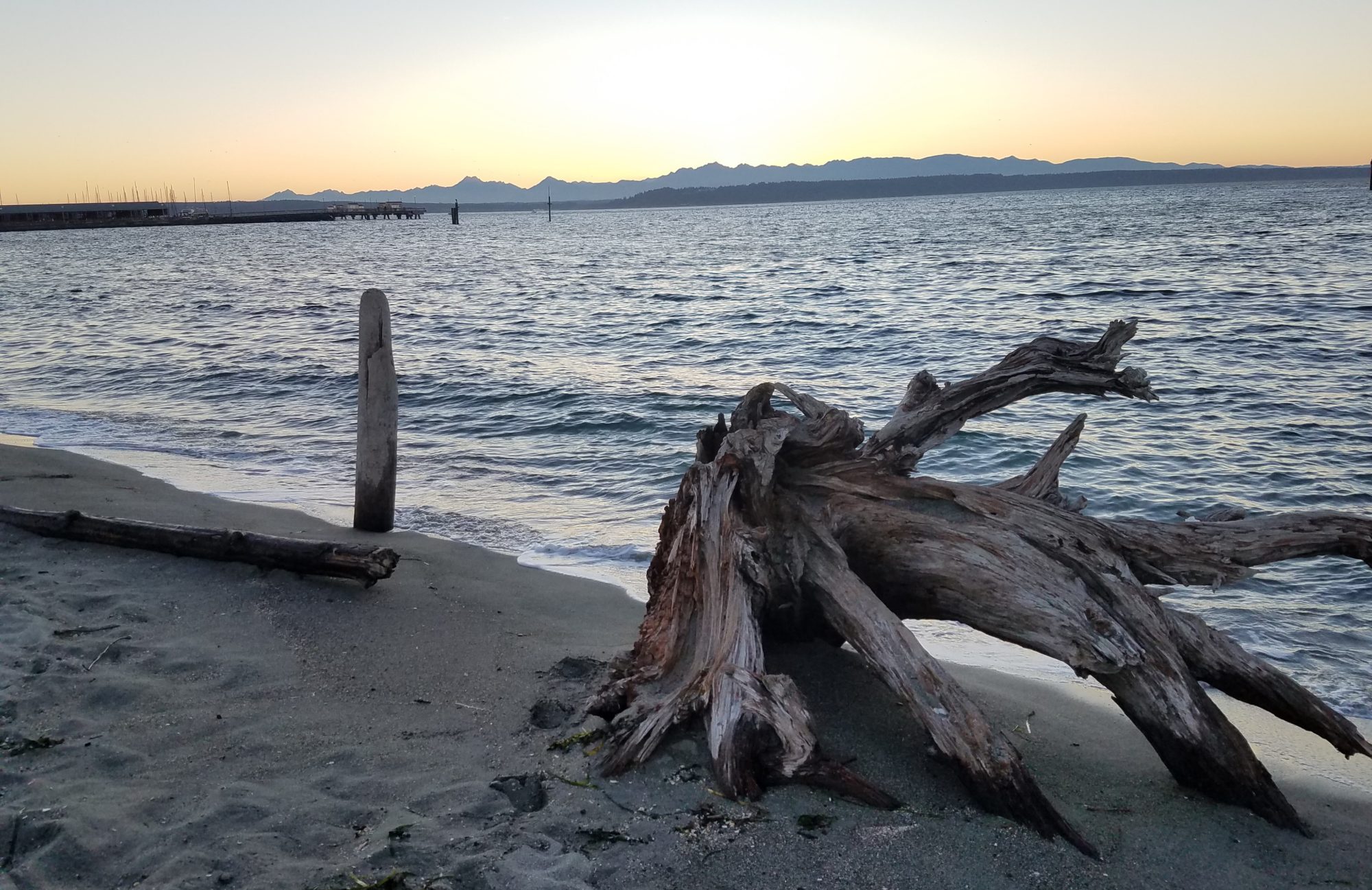To truly hold the many shadow elements of our world today in radical acceptance requires an ability and capacity for deep mercy toward ourselves and others.
In this post from Fr. Richard Rohr’s blog Zen Buddhist teacher Larry Ward reminds us how important that is and notes, “Mercy lies in our mindful actions of thinking, speech, and behaviors toward ourselves and one another.”
Deep Mercy
Over the last few years in the United States, we (especially those of us who are white) have been asked to examine the collective shadow of racism that has been a part of our nation since its founding. We wrestled with it during the Civil War and again during the civil rights era, but, as we do with so much shadow material, we allowed it to go “underground” and remain there. Part of the reason we do this is because it is so painful to face our shadow and all the destruction we have caused by ignoring it. As Zen Buddhist teacher Larry Ward writes, shadow work requires us to hold the tension of placing our collective shadow within a deeper well of mercy:
The bridge of mercy lies deep within us and among us, however well it is hidden by clouds of conflict, cruelty, and hatred. . . . [But] it seems that as a culture we take great pride in our capacity to be unmerciful. . . .
Look at the prison system in America if you want an example of our collective fragmentation: the United States has the highest rate of incarceration in the world, with 2.3 million people in prison, and of those people, one-third are people of color. This could not happen in a society of merciful people guided by justice and integrity. . . .
We need the experience of what I call deep mercy. Mercy lies in our mindful actions of thinking, speech, and behaviors toward ourselves and one another. We may not seem as if we are capable of collective deep mercy, as expressed in acts that restore a sense of shared humanity with one another. Yet these acts of mercy are not absent; in fact, they are the invisible web that sustains living connection and progress in human history. We have survived as a species by crossing its bridge again and again. . . .
Mercy’s bridge is kept alive by the energies of deep justice flowing back and forth, the truth of suffering beyond the constrictions of the law. It is the justice of our precious bodies being respected and loved concretely as divinely human.
I invite you to spend some time today contemplating a personal or collective shadow, perhaps even journaling about it or speaking with a trusted friend. Accessing the “deep mercy” that Ward describes only comes about when we have allowed our shadow to come to the surface, faced it fully, and chosen a path of healing and justice for all people.
Experience a version of this practice through video and sound.
Larry Ward, America’s Racial Karma: An Invitation to Heal (Parallax Press: 2020), 95, 96–97.
